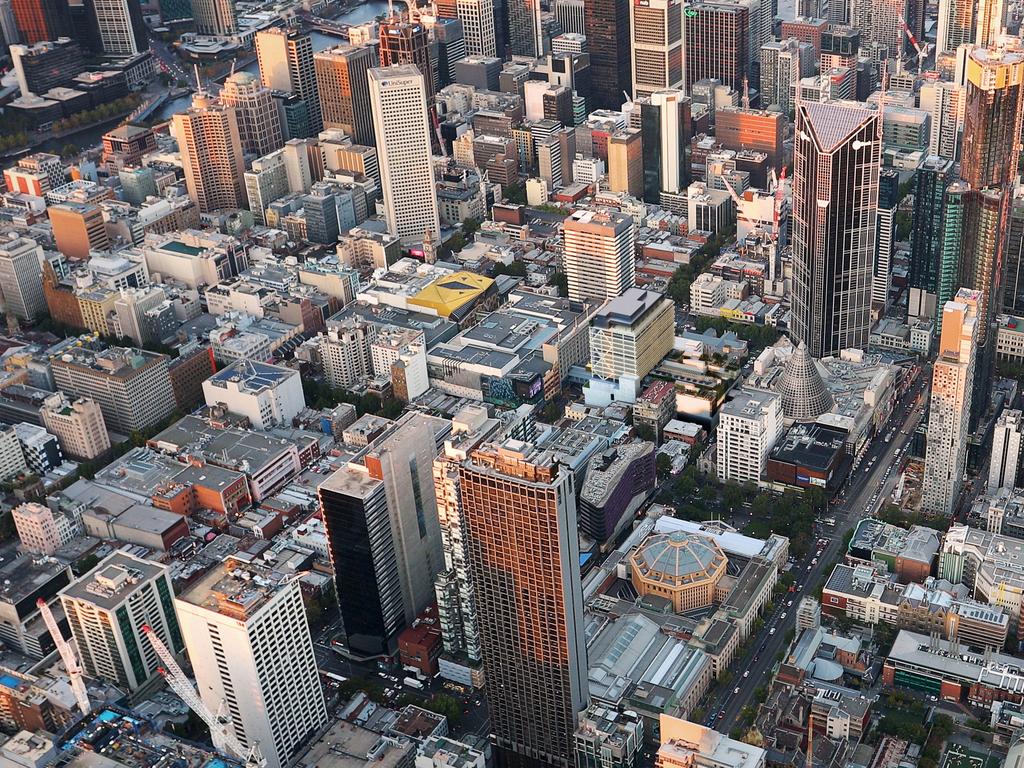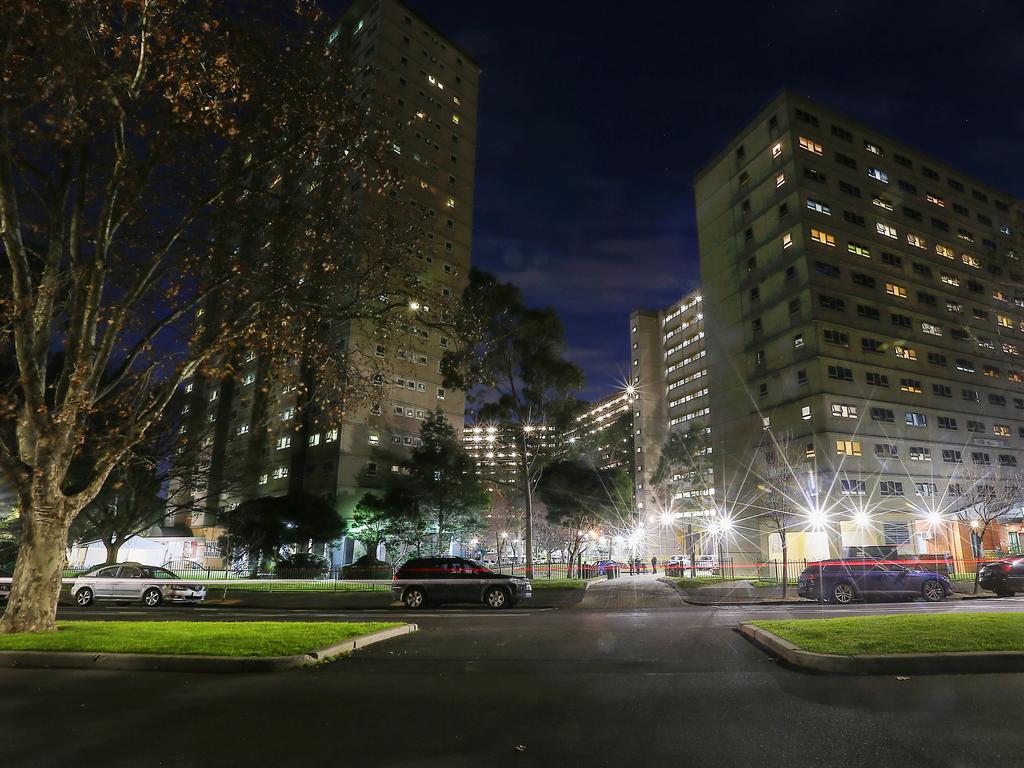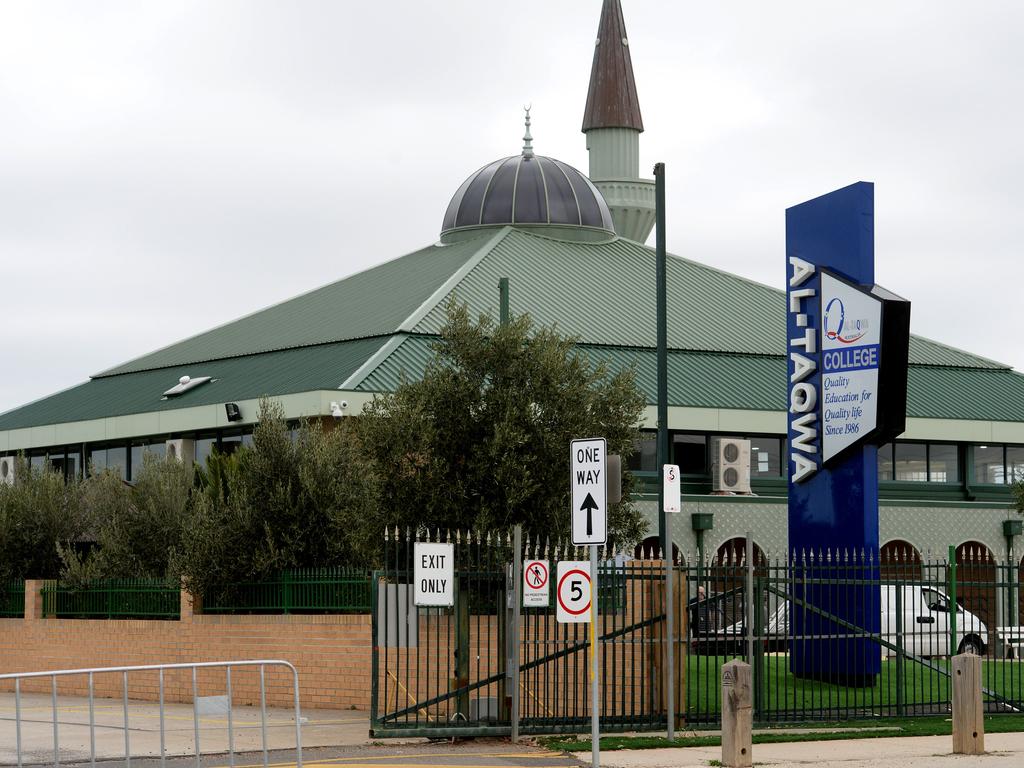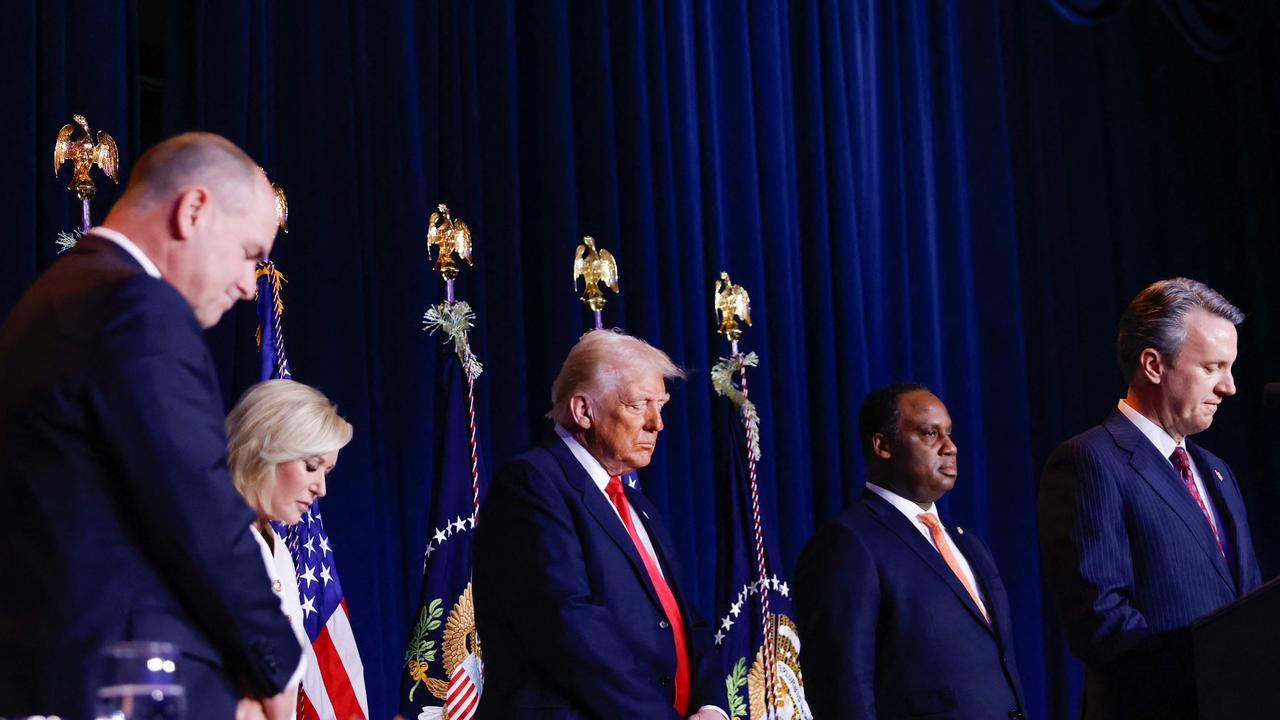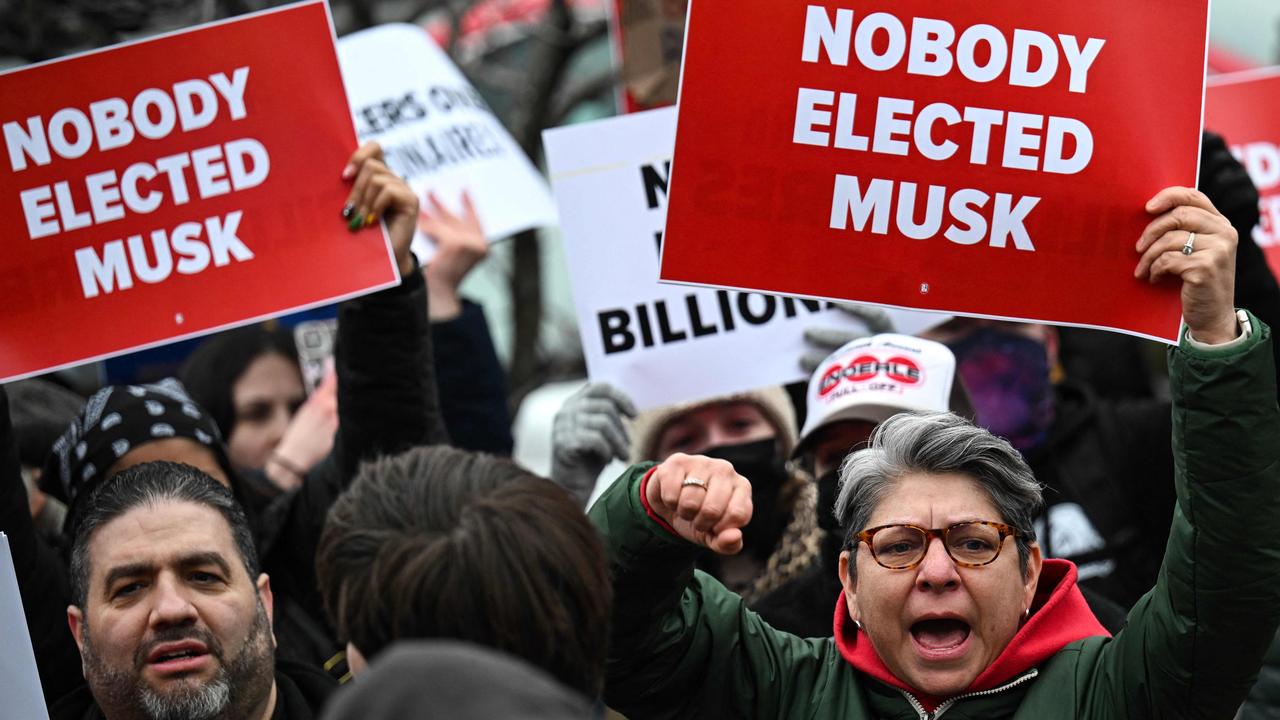Coronavirus: What if we don’t want to go back to the office?
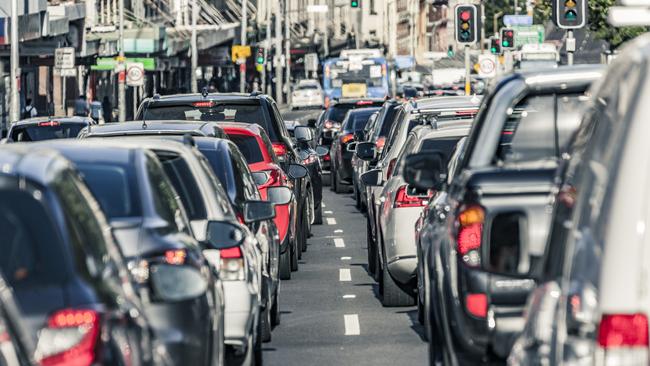
Lately, when I want to impress people, I tell them I sometimes go to the office. Time was, to get this sort of reaction I’d have to grandstand about getting practice-kidnapped by the SAS, or that time I went rafting on the crocodile-infested Zambezi. These days I just talk about getting the Northern line from Highgate down to London Bridge. It’s not much of an anecdote, I know, but it captivates a semi-socially distanced north London outdoor park crowd like you would not believe. I feel like Frodo Baggins, when he got back from Mordor.
Even as lockdown disintegrates like soap in the bath, I know very few people who have resumed their usual commute. “What is it like?” they say in fascination and, I choose to believe, awe. In a sense this is strange, because the same people – friends, family, fellow school parents – are often a good deal more cavalier on a daily basis than I am. Our local high street no longer feels particularly quiet, and if even 5 per cent of people are wearing masks, I’d be surprised. Every aspect of normal life is roaring back, except for the bit about going to work.
“Go back to work if you can,” says Boris Johnson, and it is almost impressive how an invocation that sounds so straightforward and simple can in fact mean almost nothing at all. This entire pandemic, government communications have been worse than farcical. Where are we now, for example, with the mask thing? How have they managed to mess that one up? There is virtually no US-style mask-based culture war in the UK, much as some would wish otherwise. A couple of columnists keep doggedly referring to them as “muzzles” but the term refuses to catch on. They remind me of that character in Mean Girls who wants to make “fetch” into a new word for “cool”, leading to her friend to snap “Gretchen! Stop trying to make ‘fetch’ happen!” Guys, stop trying to make “muzzles” happen!
Britain doesn’t so much object to masks as forget about them, and yet the government seems terrified of reminding us, as if convinced that they’re a dangerous, libertarian tipping point waiting to happen. Half the time, ministers can’t even bring themselves to say the word. Spare us, please, from the inexplicable prudishness of “face coverings”. It’s like Hyacinth Bucket trying not to say “toilet”. “Darling, do wear your face-covering into the smallest room; the WHO says it’s gone airborne.”
Masks, at any rate, aren’t going to get us back into offices. The question is, will anything? “Cultures are formed through shared working, which is in turn the basis of shared values,” wrote Salma Shah in The Times pages yesterday, highlighting the eventual cost of us all staying at home. She was right. My trips to the office are to do with my new radio gig but on a daily, newspaper basis I now work with formerly close colleagues whom I haven’t seen for four months. Our shared values, I hope, linger on but I do wonder whether, had we all always worked like this, they’d have been so easily forged in the first place.
A bigger problem is the way that, as soon as vast numbers of people stop leaving the house, going to work and coming back again, often having bought at least a sandwich along the way, huge swathes of our cities simply cease to make any sense. Forgive my Londoncentricism, but parts of the capital paint the problem most starkly. Without tens of thousands of civil servants coming and going en route to Whitehall, Victoria looks like it has been hit by, well, a plague. Parts of the City are even worse. Canary Wharf, I’m told, now looks like one of those deranged, lifeless neighbourhoods they built in Beijing to show off during the Olympics.
In fact, it’s more stark even than that. Oxford Street – formerly the busiest shopping street in Europe – is certainly quieter than it was, but not actually quiet, particularly at the weekend. This is because people actually want to go there. When my Tube train broke down this weekend (honestly, it was just like old times) I hired a bike from Camden. The crowds are back there, too, even the Goths, and those guys catch everything. As with pubs, people are prepared to stomach a little risk to do things they really want to do. It’s just that going back to the office might not be one of them.
Working at home is no picnic. In The Washington Post last week a working couple mapped how much time they got to work without being interrupted by their kids, and found that it was, on average, three minutes and 24 seconds. Provided you can actually function, though, you may soon wonder why you haven’t done it for years. Your employer, meanwhile, is probably wondering why they spent all that money renting you a desk. The big economic hits of your not coming in – no commute, no sandwich at lunch, no idly buying some new pants and maybe going for a pint on the way home – are all felt by other people. Everybody’s problem, yes, but also not yours.
“Some people have actually loved it,” said the PM, disapprovingly, of lockdown. Maybe. More, though, will just ponder the idea of putting on clothes they haven’t worn since March, and cramming themselves back into packed, risky trains and into packed, risky offices, and wonder why the hell they must, when they have spent the past four months showing that they can do their own jobs perfectly well at the kitchen table. Which is, in a nutshell, the whole problem. How long can we go on like this? For the economy, it seems, the answer is not long. For an awful lot of individuals, though, it is “maybe for ever”.
The Times

